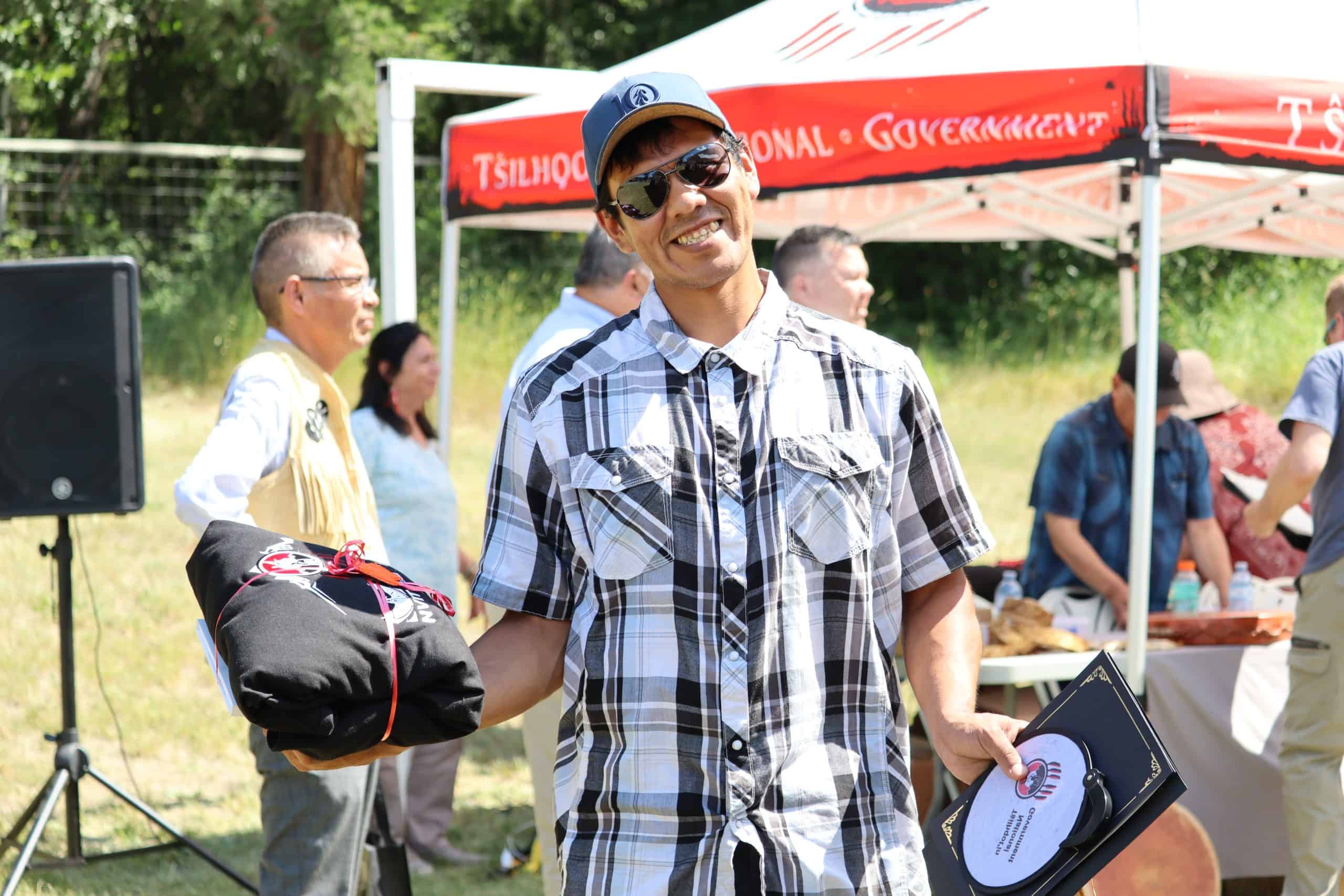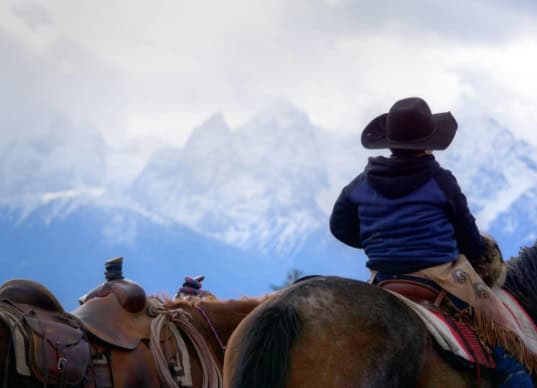Tŝilhqot’in National Government Education Department
Our objectives are to have real opportunities for post-secondary education and training as well as to have funding and education outcomes on par or better than non-Indigenous communities.
Education of the Tŝilhqot’in people must be aligned with our cultural teachings and traditional ways. Our priority is to hold up cultural teachings while creating meaningful education programs and integrating Tŝilhqot’in language into all curriculum. Our priorities are informed by the communities from community comprehensive plans, Education Enhancement Reports, community and leadership meetings, and feasibility studies.
Early Childhood is fundamental to the development of a child and can significantly shape the later years of a child’s life. The ways we support Tŝilhqot’in community Early Childhood programs:
- We will work with Tŝilhqot’in communities on curriculum for Early Childhood education on language immersion (language nest).
- Build working relationship with Early Childhood agencies that serve Early learning, Language Nests, and Headstart.
- Provide guidance on program planning with a focus on Tŝilhqot’in culture, traditions, and language.
Find out more about the Language Nest program with their Handbook.
Find out more about Indigenous Early Learning through the Indigenous Early Learning and Child Care Framework.
If you would like to find out more, please contact Lisa Boyd, TNG Education Manager, at 250-392-3918 or email at lisaboyd@tsilhqotin.ca.
Self-determination and success in elementary and high school supports the development of self-esteem and creates opportunities for lifetime learning, education, and career opportunities. We work closely with the local school district, First Nation schools, and Tŝilhqot’in communities to include holistic and culturally relevant teachings in schools and provide support to Tŝilhqot’in students from Kindergarten to Grade 12. Our goals are to:
- Build strong working relationships between Tŝilhqot’in communities, local boards of education, and outside agencies.
- Implement Tŝilhqot’in approaches that will immediately enhance the Nation’s education activities, coordination, program development, and student learning outcomes.
As per the Gwets’en Nilt’i Pathway Agreement, our vision is for:
- Education funding and outcomes in Tŝilhqot’in communities to be on par with or exceeding those in Aboriginal communities.
- Education programs to be developed and delivered by the Tŝilhqot’in communities, with strong language and cultural components.
- Public schools provide a safe and welcoming place for Tŝilhqot’in citizens, with appropriate First Nations culture and history components, developed with the Tŝilhqot’in.
- Tŝilhqot’in citizens to have meaningful opportunities for post-secondary education and training.
If you are looking for ways to support youth through secondary school and beyond, have a look at this handbook.
Information on the BC Dogwood Diploma can also be found here.
If you would like to find out more, please contact Lisa Boyd, TNG Education Manager, at 250-392-3918 or email at lisaboyd@tsilhqotin.ca.
When students complete Grade 12, they often wonder what they should do next. Sometimes they cannot find a good job without going further in their education. However, the way forward is not always obvious.
Questions
At TNG, we can help support you in post-secondary education matters. Many people have one or more of the following questions as they consider their options for education.
- What training do I need to get a better job?
- What programs are available for me to enter?
- What upgrading do I need to do to enter university?
- How do I get support from my band to attend university?
- Where can I get more funding to attend school?
- How long will it take me to get into a program of study?
- How long will it take me to complete my training?
- Can I stay in my community and complete courses?
- How should I choose between different universities and programs?
- Where can I find help to finish my assignments and courses?
National Questions
At the same time, TNG must work to improve the services provided by institutions to meet the needs of our members. As the education team considers ways to improve the quality of education services offered to students, the following questions arise:
- How will the Nation move towards more control over the higher education pursued by its people?
- How can we make post-secondary institutions safer and more welcoming for people to attend?
- How can we increase the likelihood of students succeeding in courses and programs?
- How can we help universities see TNG as a partner, rather than as a client, in offering courses and programs?
- How can we encourage universities to offer more courses and programs in local communities?
- How can we support students appropriately who are taking courses remotely?
- How can a board of education for the TNG be established?
Contact
If you want answers to any of these questions or have an interest in discussing these matters, please contact Randy Radney, Higher Education Advisor, in one of the following ways:
Email: randyradney@tsilhqotin.ca Phone: 250-392-3918



